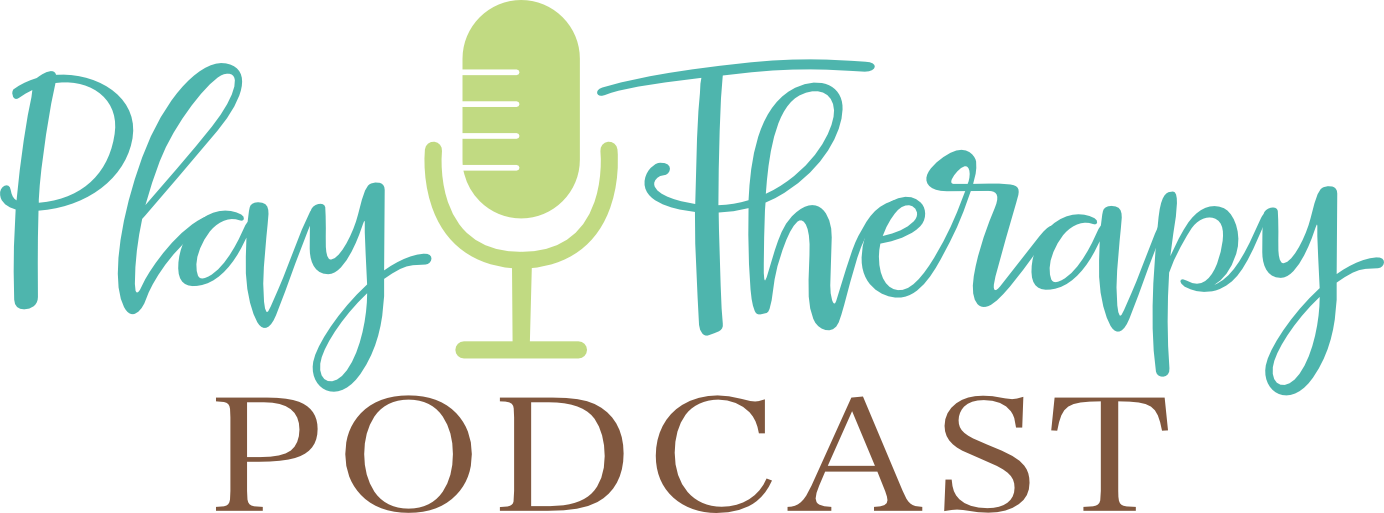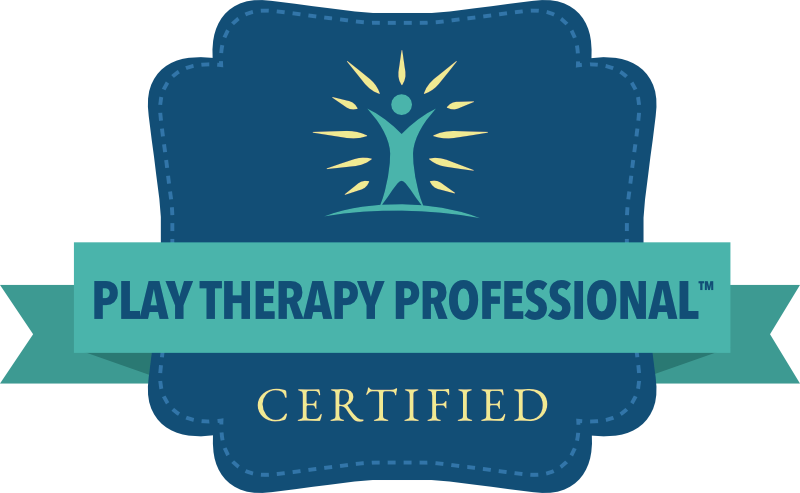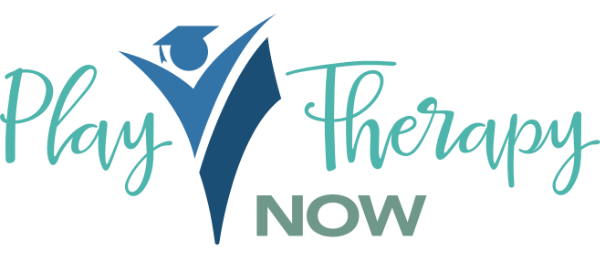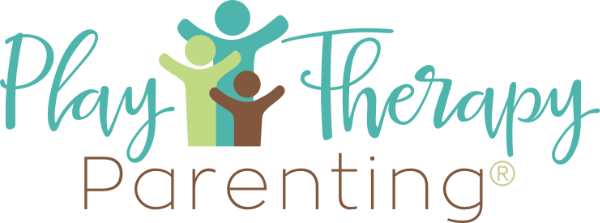Revisiting SMART Goals with CCPT for School Settings
In this episode of the Play Therapy Podcast, I answer a question from Sandy in Iowa about creating SMART Goals, referencing the four universal outcomes in child-centered play therapy (CCPT). Sandy wanted guidance on how to document data to share with parents and teachers in a school setting. I explain how each universal outcome—such as increased self-regulation, self-esteem, emotional vocabulary, and worldview—can be broken down into observable behaviors both in the playroom and in the child’s broader environment.
I also discuss how to communicate these outcomes effectively, highlighting the importance of linking observed themes and shifts in play back to the child’s goals. For example, shifts from power and control themes to balanced play can indicate progress in self-regulation. Finally, I provide tips on differentiating between psychotherapy notes and progress notes, emphasizing the unique purpose each serves in CCPT documentation.
Related Episode:
SMART Goals and Child-Centered Play Therapy: How to Bridge the Gap in a School Setting
Sign up for my exclusive newsletter at playtherapynow.com. Stay ahead with the latest CCPT CEU courses, personalized coaching opportunities and other opportunities you need to thrive in your CCPT practice!
If you would like to ask me questions directly, check out www.ccptcollective.com, where I host two weekly Zoom calls filled with advanced CCPT case studies and session reviews, as well as member Q&A. You can take advantage of the two-week free trial to see if the CCPT Collective is right for you.
Ask Me Questions: Call (813) 812-5525, or email: [email protected]
Brenna’s CCPT Hub: https://www.playtherapynow.com
CCPT Collective (online community exclusively for CCPTs): https://www.ccptcollective.com
Podcast HQ: https://www.playtherapypodcast.com
APT Approved Play Therapy CE courses: https://childcenteredtraining.com
Twitter: @thekidcounselor https://twitter.com/thekidcounselor
Facebook: https://facebook.com/playtherapypodcast








